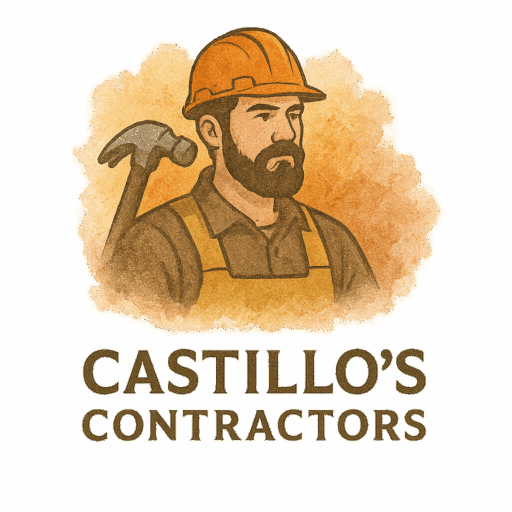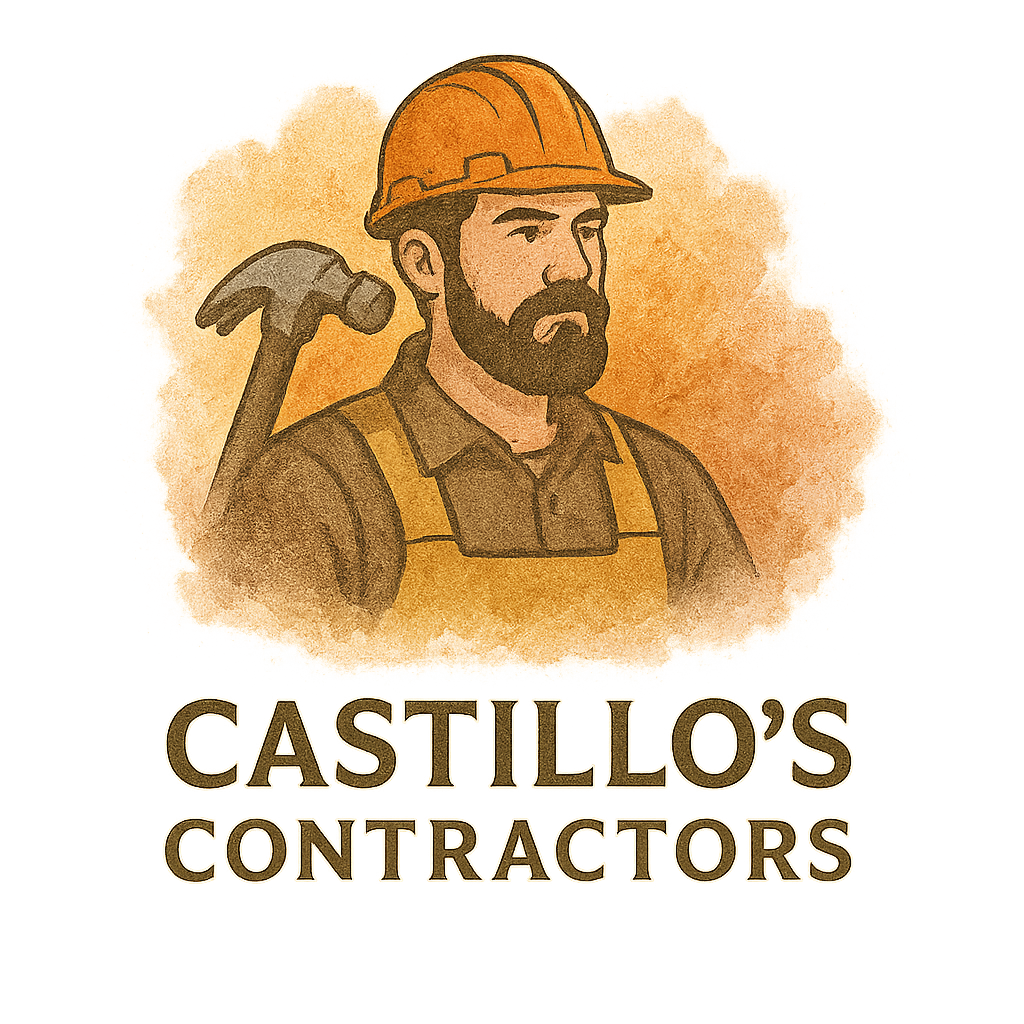Introduction
Thinking about a home project? You might be dreaming of a cozy sunroom, a kitchen upgrade, or finally finishing that basement. But let’s be real—some projects are just too big (or risky) to tackle alone. That’s where residential contractors come in.
Let’s break down the 7 major signs that it’s time to bring in the professionals—because sometimes, the smartest DIY move is knowing when not to DIY.
And don’t worry—we’ll guide you through how to find the right contractor and link you to expert tips from Castillo’s Contractors for a flawless finish.
Sign #1: You Have a Full-Time Job and No Spare Time
The Time Crunch of DIY Projects
Between Zoom meetings, school drop-offs, and trying to have a social life—who has time to tear down drywall or install cabinets?
Why Hiring Residential Contractors Saves Time
Residential contractors streamline the process and stick to timelines. They know how to plan, coordinate, and execute quickly and efficiently. No evenings spent Googling “how to install tile backsplash.” Just results.
➡️ For time-saving tips, visit our construction tips section.
Sign #2: Your Project Requires Permits and Inspections
Navigating Local Building Codes
Let’s be honest, permit paperwork is a buzzkill. And if your project includes plumbing, electrical, or structural work, chances are, you need one.
Contractors Know the Legalities
Good contractors are code wizards. They handle inspections, understand local regulations, and make sure your project is compliant—which saves you from fines, delays, or worse.
Need help with this step? Our remodeling experts have you covered.
Sign #3: Structural Changes Are Involved
The Risks of DIY Structural Work
Knocking out a wall for that open-concept vibe? Stop! You could be dealing with a load-bearing wall, electrical lines, or pipes.
Professionals Prevent Costly Mistakes
Residential contractors work with engineers and specialists. They’ll ensure your home’s structure stays solid—no crumbling ceilings or cracked foundations.
Explore more on structure-safe projects with our residential contractor experts.

Sign #4: You’re Overwhelmed by the Planning Process
Project Planning Takes More Than Pinterest Boards
Aesthetic inspo is great, but execution? That’s a different beast. Measurements, sourcing materials, finding subcontractors—it adds up fast.
Contractors Handle Planning Like Pros
A great residential contractor becomes your project manager, coordinating vendors, timelines, and budgets. Stress? Gone.
🔎 Dive into our guide on project planning to see what goes into a well-run home upgrade.
Sign #5: Budgeting is Getting Out of Hand
Surprise Costs Can Wreck Your Project
DIY often looks cheaper, but unexpected problems (like hidden water damage or structural rot) can throw your budget off a cliff.
Contractors Help Manage Costs and Resources
Residential contractors offer detailed quotes, avoid scope creep, and can often get better material pricing thanks to supplier relationships.
Check out our curated contractor tips to learn how pros keep budgets on track.
Sign #6: You Want to Increase Home Value
Strategic Improvements That Matter
Not all upgrades are created equal. A well-designed kitchen? Great. A DIY patio with uneven bricks? Not so much.
Residential Contractors Add Long-Term Value
Professionally executed renovations can dramatically improve resale value and make your home more enjoyable to live in.
Visit our remodeling and renovation hub for more value-boosting ideas.
Sign #7: Safety Concerns Keep You Up at Night
Dangerous DIY Mistakes Happen Too Often
Messing with gas lines or electrical panels? Yikes. There’s a reason pros exist.
Leave Risky Work to the Pros
Contractors are trained, licensed, and insured. They work safely and minimize risks to your home—and more importantly, your family.
Read our top-rated advice on reliable construction and stay safe.
Benefits of Hiring Residential Contractors
Peace of Mind and Professional Results
Having someone who knows the ins and outs of home improvement gives you peace of mind and flawless results that are built to last.
Explore our top expert contractors to see how pros deliver every time.
Long-Term Savings and Efficiency
Think of contractors as an investment—not a cost. Their work often reduces long-term repair expenses and improves energy efficiency.
Head over to residential contractors to learn more.
How to Choose the Right Residential Contractor
What to Look for in a Residential Pro
Start with reputation. Check reviews, portfolios, and credentials. A good contractor is licensed, insured, and experienced with projects like yours.
Explore business-focused contractor tips for professional advice.
Questions to Ask Before You Hire
- Do you have a portfolio of similar projects?
- Are you licensed and insured?
- What’s your project timeline?
- Who are your subcontractors?
- Do you handle permits and inspections?
Find more tips on hiring contractors like a pro.
Conclusion
So, is it time to call a contractor? If you checked off even one or two signs from this list, the answer’s probably yes. While DIY has its charm, residential contractors bring expertise, safety, and serious peace of mind to your home project.
And hey, your weekends? You’ll get those back.
Need expert help? Connect with the pros at Castillo’s Contractors for everything from residential to commercial construction.
FAQs
1. What exactly do residential contractors do?
Residential contractors manage home projects—everything from planning to execution. They handle permits, hire subcontractors, source materials, and oversee the entire job.
2. Are residential contractors worth the investment?
Absolutely. They help avoid costly mistakes, ensure your home is up to code, and usually improve resale value.
3. How do I find a reliable contractor near me?
Start with Castillo’s Contractors, read reviews, and check licensing. Always interview a few and compare quotes.
4. Can contractors help with small projects too?
Yes! Many residential contractors offer services for small remodels, repairs, and even home improvement consultations.
5. What’s the biggest risk of DIY home projects?
Safety and structural mistakes top the list. DIY might seem budget-friendly, but it can lead to long-term damage or expensive corrections.
6. How long does a typical residential remodel take?
It varies by project, but contractors usually provide a detailed timeline during your quote. A bathroom might take 2-3 weeks; a kitchen can take 6-8.
7. Where can I get expert contractor tips for free?
Check out the blog at Castillo’s Contractors for insider advice, project guides, and professional insights.


